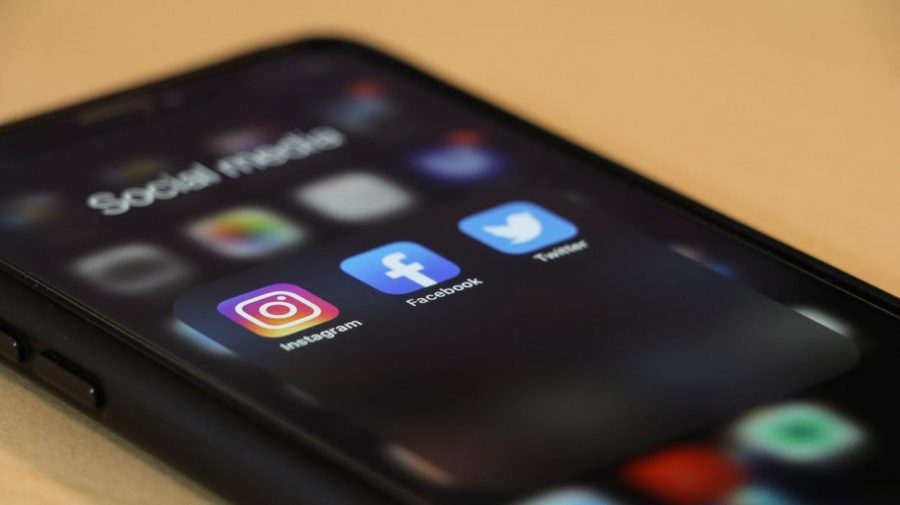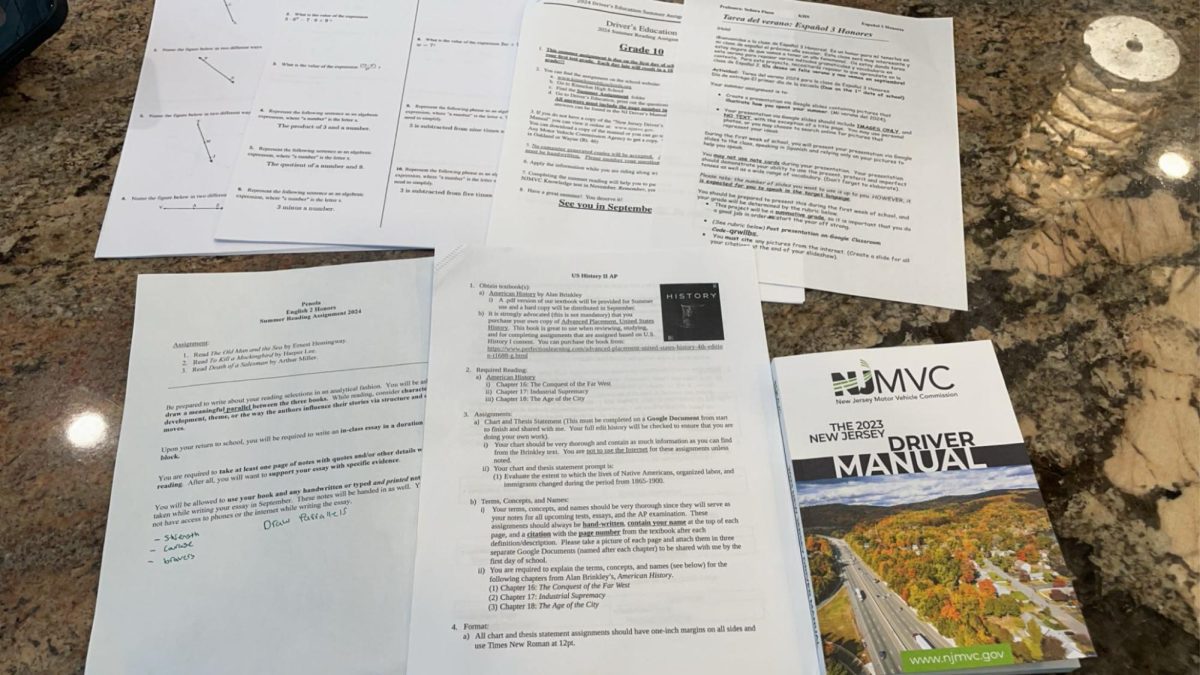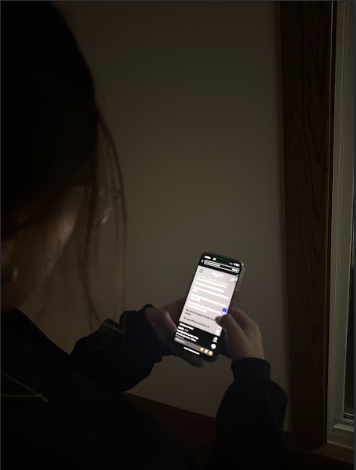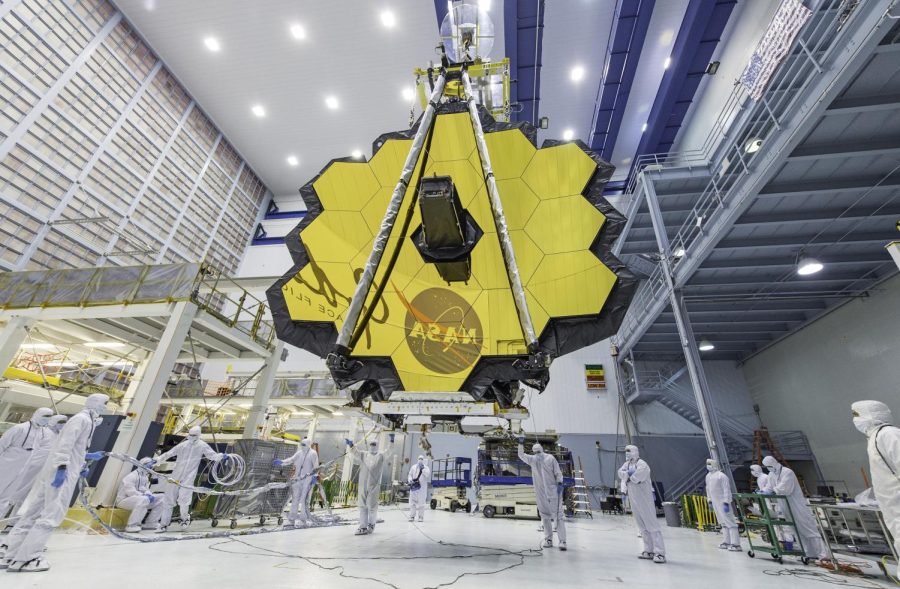Just weeks after ex-President Trump rallied an insurrection against Congress through Twitter, a community of Reddit users have taken the fight against authority to Wall Street— using the stock market against large hedge-funds in a battle to save struggling companies such as Gamestop, AMC, and more.
Regardless of the circumstances, social media has become integral to how we can mobilize along with each other— especially when in-person meetups are impossible, as is the case during the ongoing quarantine. In addition to chatting with those close to us, anyone with an internet connection can now directly talk to politicians, billionaires, celebrities, and other figures of authority. For better or worse, through these advancements we have made in technology, information can be shared almost instantaneously: whether it happens to be helpful and true or dangerous and false is a challenge that remains unsolved.
The dangers of social media and of uninformed or outright false news were seen shortly after the Boston Marathon Bombing in 2013 with the suicide of Sunil Tripathi. An online community of Reddit-users, numbering more than 3000 members, had banded together in order to find the perpetrator of the bombings. However, they failed when they misidentified Sunil Tripathi, a young adult who attended a nearby college, as the one to blame. Not long after these allegations had caught public attention, Tripathi had committed suicide and the identities of the actual criminals were released by the FBI.
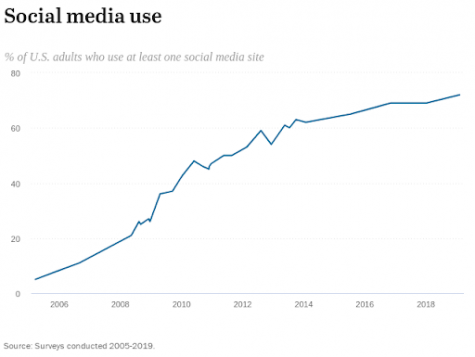
This phenomenon is not associated with Reddit alone. Nowadays, on platforms such as Twitter and Facebook, “cancel culture” has led to the mass-ostracization and harassment (or in other words, “cancelling”) of prominent figures for misdemeanors either perceived or real. Although accountability remains important for everyone, the consequences of reckless mob-mentality in some cases can lead to the permanent destruction of one’s career or social standing. As more and more people gain access to the internet and social media, it’s increasingly important to look for and call out information that seems sketchy.
One method of determining a source’s credibility includes asking yourself various questions on their nature, and investigating them more beyond their article or post. These questions are: Does the website have any sources (more is better)? What is the purpose of the website, its wording, or the agenda of its owners and writers (to detect for bias)? How old is the website (typically, being more recent is better)? And also: is the site commercial (typically more untrustworthy) or owned by an official publication/government agency (more trustworthy)? In addition, if the source of information happens to be on a commercial website, scanning it through a virus checker may also help determine whether or not it is safe to visit.
This way, anyone with access to the internet can combat lies, misinformation, and dangerous conspiracy theories in order to bring about greater accountability and truth to the web.
Sources:
Rogers, Tony. “8 Ways to Determine Website Reliability.” ThoughtCo, Aug. 28, 2020, thoughtco.com/gauging-website-reliability-2073838.
“Social Media use.” Pew Research Center, Washington, D.C., June 12, 2019, https://www.pewresearch.org/internet/fact-sheet/social-media/.
Tech Editors, BBC. “Reddit Apologises for Online Boston ‘Witch Hunt’.” BBC News, BBC, 23 Apr. 2013, www.bbc.com/news/technology-22263020.

